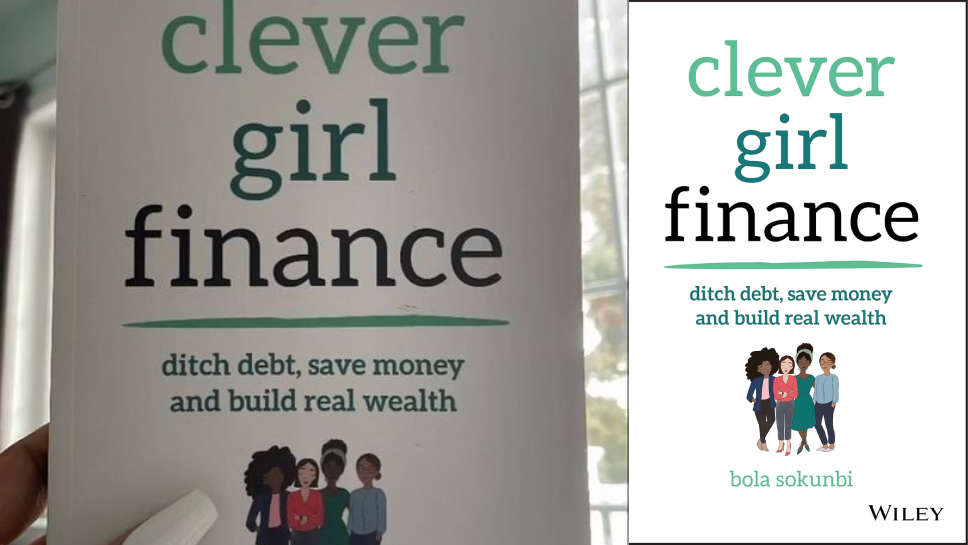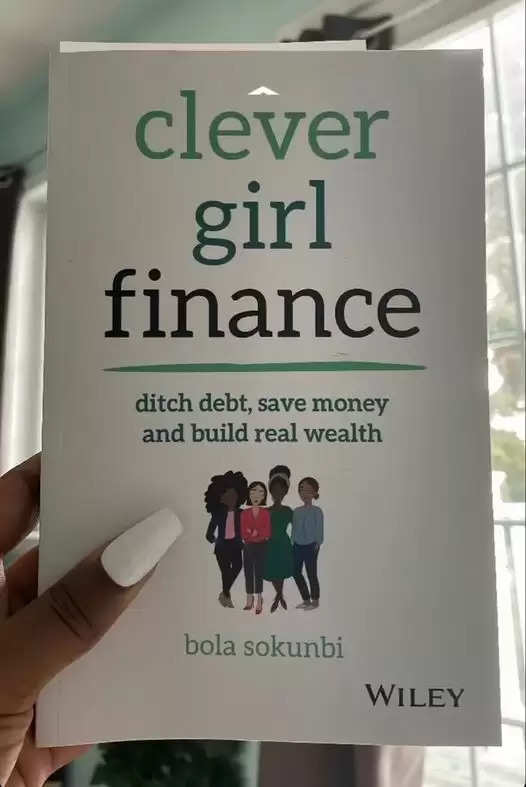7 Practical Financial Lessons from Clever Girl Finance by Bola Sokunbi

Bola Sokunbi offers insightful, pragmatic courses in Clever Girl Finance that enable you to take charge of your money and position yourself for long-term success. Expanded into practical guidance to enable you to confidently negotiate your financial path, there are seven main lessons:
1. Understand Your Money Mindset
Your attitudes and feelings greatly impact how you handle money. For many of us, cultural elements, family relationships, or early events moulded our views. Understanding your money attitude—that of shortage, fear, or abundance—will help you to explain why you decide on particular financial actions. Changing your money perspective to one more positive and empowering helps you to make wiser, more deliberate decisions in line with your financial objectives. It's about turning from "money is hard to come by" to "I have the power to make and grow money."
2. Create a Budget
A budget is road plan for your financial trip, not only a list of your income and expenses. You easily lose track of where your money goes without a budget. Track your income and monthly bills first; then, classify your non-essentials (eating out, subscriptions) and needs (rent, utilities, groceries). From there, you can allocate money towards debt payback or investments, save for the future, and prioritise your purchases. The objective is not to limit yourself but rather to decide where your money should be directed to fit your values and objectives.
3. Build an Emergency Fund
Life is erratic; an emergency fund is your financial safety net. Sokunbi advises saving enough to cover three to six months of living expenses, therefore providing piece of mind should a job loss, medical emergency arise, or unanticipated large outlay of funds. Having this cushion helps you not to rush to borrow or use credit cards when life veers off course. It's about building a feeling of security, therefore you're ready whatever comes your way.
4. Invest in Your Financial Education
Investing in your financial education is about keeping curious and always raising your financial literacy, not only about reading books or going to seminars. You will be better able to make judgements the more you grasp ideas such investing, saving, and budgeting. Knowledge is power; knowing the fundamentals of personal finance can equip you with the means to manage your money and prevent expensive errors. Investing in your education pays paid whether your interests include podcasting, reading, or consulting financial professionals.
5. Start Investing Early
Though many believe investing is just something you can do if you have a lot of money, this is untrue. Even if it's just a tiny amount, starting early helps you to maximise the compounding power. Compounding results from the interest or returns your investments create in addition to the money you contribute. Starting early makes a big difference over the long run since it allows you more time for your money to flourish. Start immediately and progressively raise your donations; do not wait until everything is perfect.
6. Manage and Pay Off Debt
Though it might be a big obstacle to financial freedom, debt can be under control with a well-defined plan. Knowing your debt level and developing a strategy to pay it off comes first. Sort high-interest debt—that of credit card balances—first since it is the most costly to carry. To lighten your debt load, use techniques include the debt avalanche method—tackling high-interest debt first—or the debt snowball method—paying off smaller debt first. Paying off debt is about freeing your financial resources for things that count, like saving and investing, not only about wiping out the numbers.
7. Set Clear Financial Goals
Having well defined financial goals keeps you motivated and concentrated. Sokunbi exhorts applying the SMART framework—that which makes your goals Specific, Measurable, Achievable, Relevant, and Time-bound. Having specific goals can direct your financial actions and enable you to track your development whether your savings are for a down payment on a house, loan pay-off, or investment portfolio building. Divide large objectives into doable chunks and acknowledge your successes as you work towards them. Having a definite destination in mind helps you to keep on target and conquer challenges.
Ultimately, Clever Girl Finance shows women the value of using sensible tools and a mindset change to take charge of their money. Through knowledge of your attitude, budgeting, saving, investing, and debt pay-off, you create a strong financial foundation that will enable a safe, empowered financial future. Starting where you are and moving regularly, deliberately towards your objectives is the secret. A correct attitude and understanding can help you to reach financial success and create riches on your own terms.

--
-- Thanks For Reading --
You Might Also Like: 7 Practical Lessons from The Self-Driven Child to Empower Kids and Foster Independence
